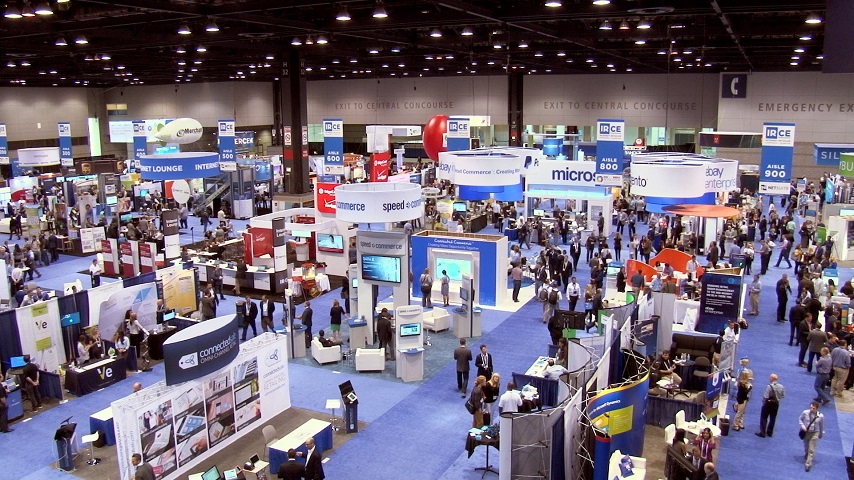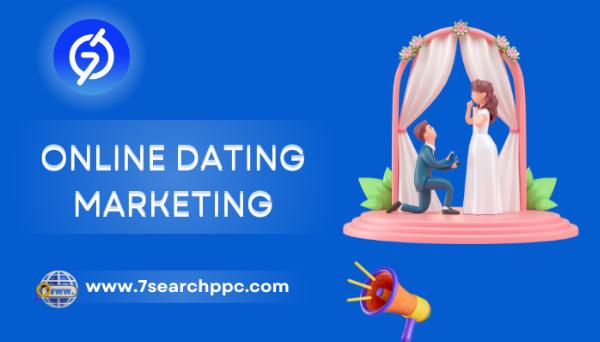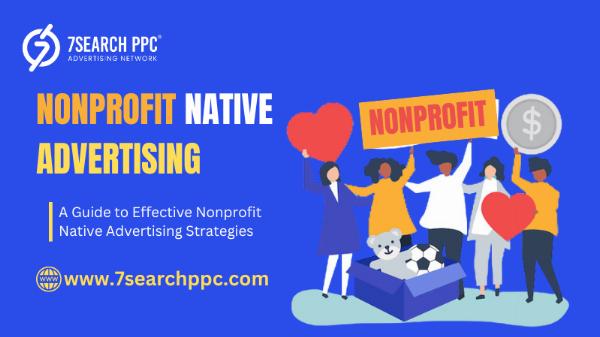Promoting an event successfully requires more than just sending out invitations and posting on social media. A well-structured event promotion strategy ensures you reach the right audience, generate excitement, and drive registrations.
Whether you’re planning a conference, trade show, or corporate gathering, here’s a step-by-step guide to creating a results-driven event promotion strategy.
What Is Event Promotion?
Event promotion refers to the strategic process of marketing and publicizing an event to attract attendees, generate interest, and maximize participation. It involves leveraging various marketing channels, such as social media, email campaigns, paid advertising, influencer partnerships, and public relations, to ensure the event reaches the right audience.
Effective event promotion not only increases attendance but also enhances brand awareness, engages potential participants, and boosts event ROI. The key to success lies in creating a well-structured promotion plan that aligns with the event’s goals, audience demographics, and available marketing resources.
Key Elements of Event Promotion:
Target Audience Identification – Understanding who the event is for and tailoring promotional efforts accordingly.
Multi-Channel Marketing – Using email, social media, content marketing, and paid ads to reach a wider audience.
Engagement Strategies – Creating compelling content, interactive posts, and influencer collaborations to generate buzz.
Call-to-Action (CTA) – Encouraging registrations, RSVPs, or ticket purchases through strategic messaging.
Post-Event Promotion – Following up with attendees, sharing event highlights, and maintaining engagement for future events.
Tips For Event Promotion:
1. Define Your Event Goals and Target Audience
Before promoting your event, clarify your objectives and audience. Ask yourself:
What do you want to achieve? (e.g., ticket sales, brand awareness, networking opportunities)
Who is your ideal attendee? (e.g., industry professionals, customers, business leaders)
What platforms and channels does your audience engage with most?
Having clear goals and audience insights will help tailor your marketing efforts.
2. Develop a Multi-Channel Marketing Plan
A strong event promotion strategy utilizes multiple channels for maximum exposure. Key promotional tactics include:
Email Marketing
Send personalized invitations and exclusive early-bird offers.
Automate reminders leading up to the event.
Follow up with post-event content and engagement opportunities.
Social Media Promotion
Create an event hashtag to drive engagement.
Post behind-the-scenes content, speaker highlights, and countdowns.
Run paid social media ads to target specific demographics.
Content Marketing
Publish blog posts, articles, and video teasers about the event.
Feature interviews with speakers, exhibitors, or sponsors.
Utilize SEO strategies to boost organic traffic.
Influencer and Partner Collaborations
Leverage industry influencers to amplify event visibility.
Partner with sponsors and exhibitors for cross-promotions.
Encourage attendees to share event-related content.
Paid Advertising
Utilize Google Ads, social media ads, and retargeting campaigns.
Focus on targeted audiences to increase conversions.
3. Optimize Your Event Website and Registration Page
Your event website should serve as the central hub for all information. Ensure it includes:
A compelling event description and value proposition.
Speaker bios, session details, and an engaging agenda.
A simple and mobile-friendly registration process with clear CTAs.
4. Engage Your Audience Before, During, and After the Event
Keeping attendees engaged throughout the event cycle is key to long-term success:
Pre-event: Host webinars, interactive polls, and Q&A sessions.
During the event: Use live streams, social media updates, and networking activities.
Post-event: Send thank-you emails, share session recordings, and collect feedback for future improvements.
5. Track Performance and Optimize Your Strategy
Analyzing your promotional efforts ensures continuous improvement. Monitor:
Registration and ticket sales data.
Social media engagement and website traffic.
Attendee feedback and post-event surveys.
By evaluating these metrics, you can refine your approach and enhance future event promotions.
Final Thoughts
A successful event promotion strategy requires careful planning, execution, and ongoing optimization. By leveraging multiple marketing channels, engaging your audience, and tracking performance, you can maximize your event’s reach and impact.
Start implementing these strategies today to drive attendance and create a memorable event experience!








